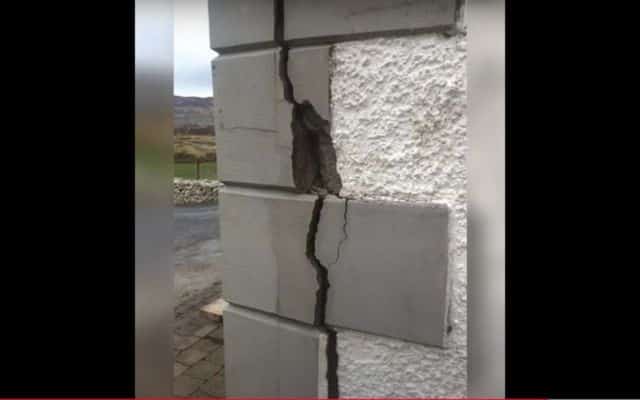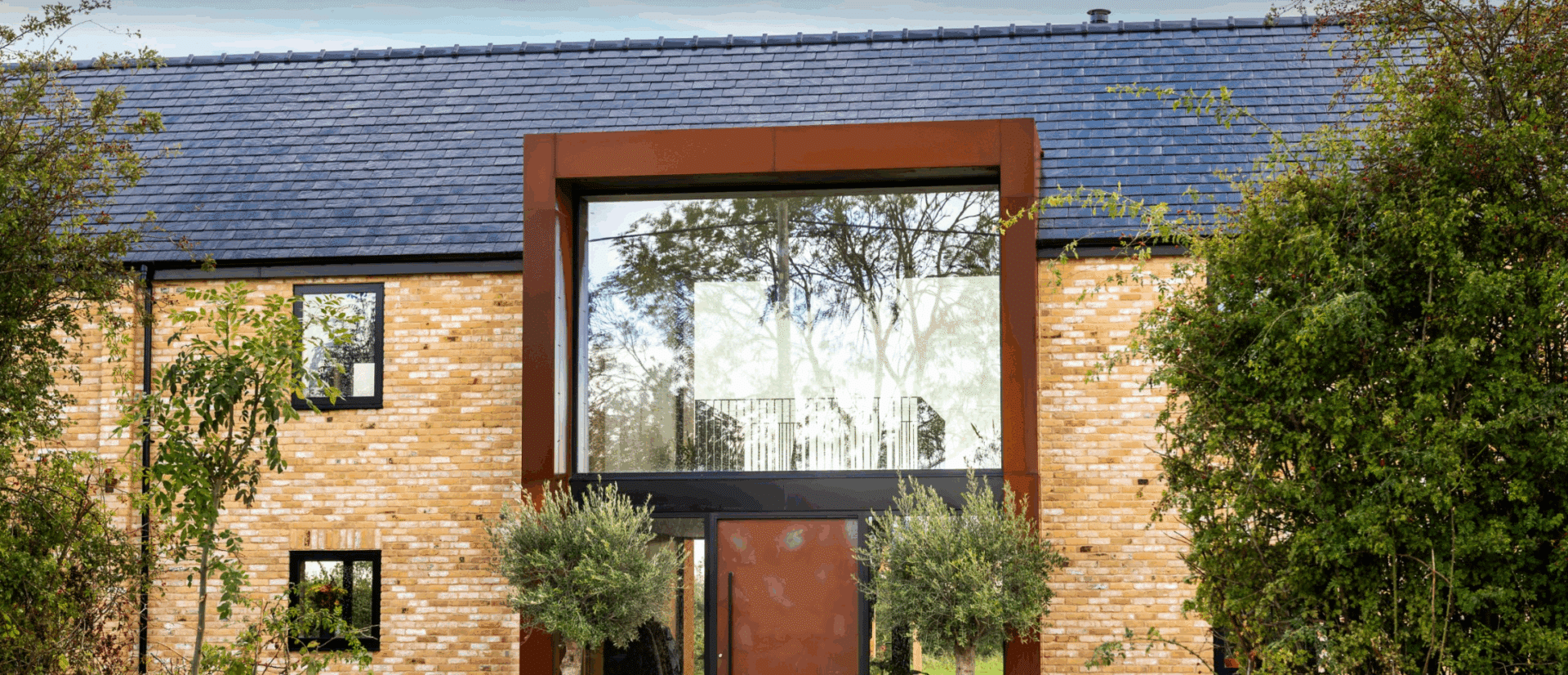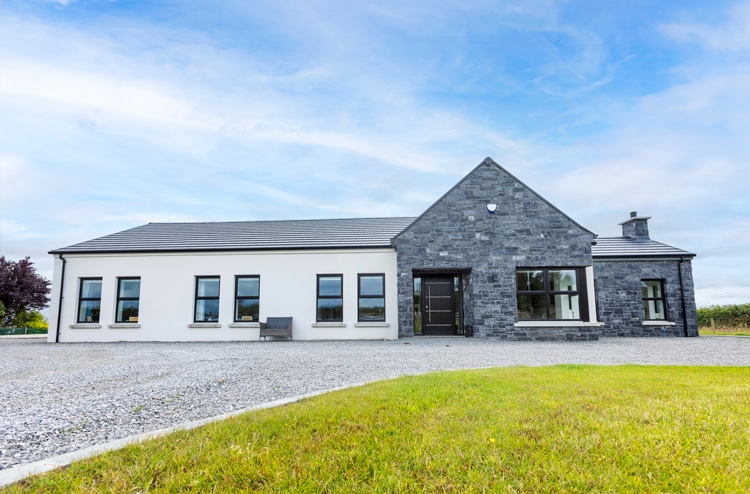Help to Buy threshold increase in ROI and stamp duty cut in NI, but no increase in grants or other direct supports for self-builders.
Minister for Housing Darragh O’Brien announced the expansion of the Help to Buy Scheme, as part of the ROI July stimulus plan (23rd July 2020), while NI is missing out on an energy upgrade grant worth £5,000 per household.
ROI Help to Buy and VAT cut
You will now be able to claim up to €30,000 through the Help to Buy scheme, as compared to the current €20,000 maximum, “thus helping thousands more to get on the property ladder,” said Minister O’Brien.
The tax break was introduced in 2016 to help first time buyers of a new home and first time self-builders put down a deposit to secure a mortgage, effectively reducing the Central Bank’s minimum deposit requirement.
The total you can get back is now 10 per cent of the purchase price (it used to be 5 per cent) on up to €400,000 but the exact amount is determined by the amount of income tax you have paid over the past four years.
Where the new home is valued between €400,000 and €600,000 the maximum relief (i.e. now €30,000) is available.
To date, the government says the scheme has helped over 19,000 first time buyers and first time self-builders.
There had been talk of shelving the Help to Buy scheme to prevent house price inflation but it was renewed in the 2019 Budget.
ROI’s July stimulus plan also announced a cut on Value Added Tax, or the tax on goods.
Building materials you buy through the builder will continue to benefit from the reduced 13.5 per cent VAT rate, but any goods you buy yourself from the shops (including builder’s merchants) will now have a temporarily reduced VAT rate of 21 per cent.
The cut will be in place for six months, from September 2020 to February 2021, at which point the VAT rate will return to 23 per cent.
NI cut in stamp duty
The UK government’s Plan for Jobs published on the 8th of July announced a cut in stamp duty for NI.
Stamp duty, which is the tax levied on property (house or land) transactions, currently does not apply to transactions below £125,000 and the change will increase the threshold to £500,000, temporarily until 31st March 2021.
The government expects the average stamp duty bill will fall by £4,500 and nearly nine out of ten people buying a main home this year, will pay no stamp duty at all.
The move comes as UK property transactions fell 50 per cent in May with house prices falling for the first time in eight years. House building alone supports nearly three quarter of a million jobs in the UK.
Another announcement had to do with the Green Homes Grant, which is only available in England. The government expects this new grant will save households up to £300 a year on their bills and will cover at least two thirds of the cost of upgrading the energy efficiency of up to 650,000 homes. The grant amount is up to £5,000 per household, available from September but only in England.
ROI retrofit grants
There is still hope in ROI that an enhanced grant system will be introduced to encourage homeowners to invest in upgrading the energy efficiency of their homes, also known as retrofitting.
Minister for Housing Darragh O’Brien said the Retrofit Taskforce report would be published in the third quarter of 2020 to inform the future design of retrofit schemes.
The Programme for Government (PfG) tantalising states the government will “offer grants to owners of private properties” – possibly increasing the amounts available under the current grant system and/or increasing the type of works that are grant eligible.
The PfG also vows to get heat pumps in every home that is eligible (built before 2011 and with good insulation and airtightness standards), and pilot schemes are expected to start in 2021.
Green TD Francis Noel Duffy tells Selfbuild it remains unclear whether the deep retrofit scheme, which closed in 2019, will be brought back and rolled out nationally. It offered grant support of up to 50 per cent for homeowners who wanted to upgrade their home to a Building Energy Rating of A and replace fossil fuel heating with a renewable system. There was a significant demand for the scheme, despite the initial slow uptake.
The PfG also endorses what it calls “smart finance” which seems to have a lot to do with loan guarantees from banks and credit unions. An Post is going to become a finance partner as well.
The Sustainable Energy Authority of Ireland has in fact been looking at the ‘pay as you go’ model for many years but nothing has come of it as of yet; and yes, maybe now is finally the time.
This would allow you to get an energy upgrade done on your home at minimal upfront cost, paying it back through your energy bills. Interesting too is that the government, in a bid to get as many homes as possible up to a high insulation and airtightness standard along with adequate ventilation and low carbon heating, will develop “standard designs” for “all property types”.
It will also support “using pre-assembled materials”, whether that means plug and play technology or structural off-site construction methods, on an island where blockwork construction is close to people’s hearts and wallets, remains to be seen.
The PfG also supports a large scale retrofit scheme, with energy upgrades to be partially or fully funded by government, but these measures appear to only apply to social housing. Houses will be grouped together (‘clustered’) to benefit from economies of scale.











